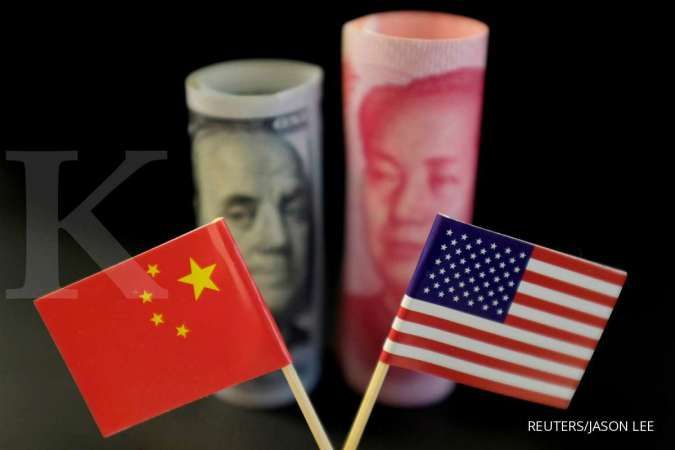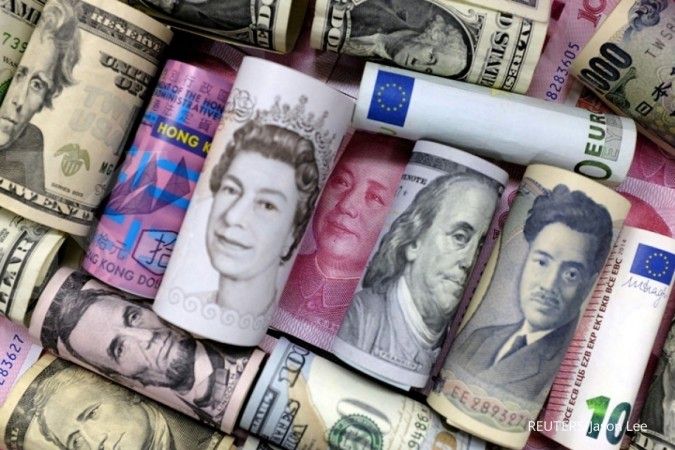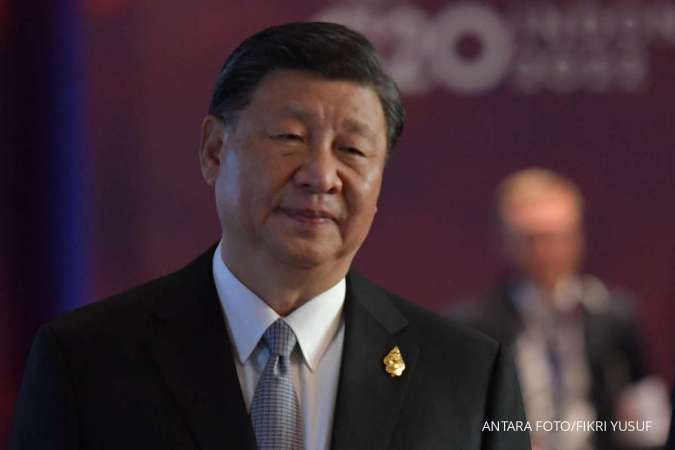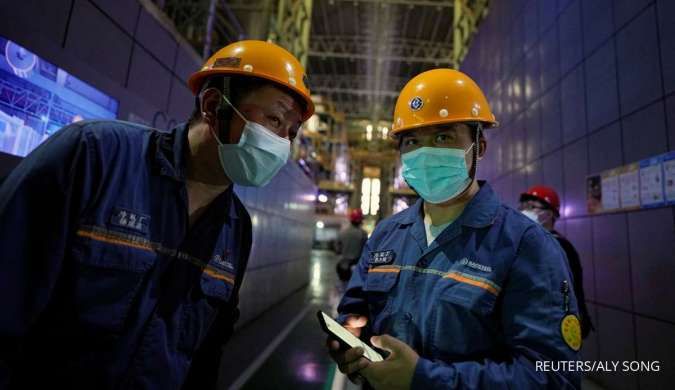CHINA - BEIJING - The new head of China's market regulator is tough on insider trading, fights fires fast, works closely with Communist Party leaders and has managed a stock exchange - a perfect profile for someone taking charge of the country's cratering stock markets.
Wu Qing, nicknamed the "broker butcher" after an earlier regulatory stint, takes over as chairman of the China Securities Regulatory Commission (CSRC) at a time when China's stock markets are near their weakest levels in five years. Several rounds of warnings against short-selling, trading bans and other steps his predecessor Yi Huiman took failed to arrest the slide.
"Wu is good at regulating capital markets and he is very much a 'firefighter' at this juncture," said a person involved in economic and financial policy discussions who spoke on condition of anonymity due to the topic's sensitivity.
"He has rich experience in stock market operations and showed some achievements in regulating brokerages and funds, including in Shanghai."
Still, some investors remain apprehensive Wu's tough approach may stifle markets while authorities take the long road to fixing the economic malaise that has battered stock prices.
Read Also: China's Consumer Prices Suffer Biggest Fall Since 2009 as Deflation Risks Stalk Econo
"Wu Qing is known as a fierce regulator, and Chinese officials are looking to significantly cut down on short selling and other trading activity that might negatively affect market prices," said Eric Croak, president of wealth management firm Croak Capital.
"Regulatory changes take time to affect the markets but this should be seen as positive news for Chinese investors and, considering Wu Qing's track record, could create a fairly significant decline in short-selling activity in 2024."
Wu and the CSRC did not respond to a request for comment.
COMMAND & CONTROL
The 58-year Wu, often seen sporting a cropped haircut, is a familiar face at CSRC, having previously worked at the country's main securities regulator. He spent four years tackling risks in the securities industry before becoming head of the regulator's fund department in 2009, where he cracked down on a series of high-profile insider trading cases.
During his tenure, the regulator slashed risks at roughly 30 distressed securities firms, leading to over a score of bankruptcies.
A consultant who had interactions with Wu when he worked at the CSRC said Wu got the nickname the "broker butcher" for his tough hand to contain risks.
Read Also: Inside Vietnam's Plans to Dent China's Rare Earths Dominance
"Wu pushed many insolvent brokerages into bankruptcies," said the consultant, who asked not to be named.
Wu then became head of the Shanghai Stock Exchange in 2016 and until Wednesday, deputy party chief of China's financial hub Shanghai.
Wu, who has a doctorate in finance from Renmin University in Beijing, was elevated to the elite Central Committee of the ruling Party in October 2022 and has worked closely with President Xi Jinping's second-in-command, Premier Li Qiang.
Alfred Wu, associate professor at the Lee Kwan Yew School of Public Policy at the National University of Singapore, said it was notable how quickly Wu rose the Party ranks.
"There are plenty of examples where Wu Qing chaired meetings, as a vice mayor of Shanghai and in charge of economic affairs, and Li Qiang, as party secretary, offered advice. In these interactions, Li Qiang is the boss and patron."
Assuming Wu does a good job and that same working relationship is maintained, Wu would help Li cement his leadership over CSRC, he added.
The new CSRC boss published an essay in 2009 analyzing lessons learned from the 2008 global financial crisis. Key among those lessons were sections on how financial institutions should manage risks instead of taking risks and the need for investment banks to serve the finance industry instead of focusing on speculation.
"The market is not omnipotent. When there is a market failure, the government should intervene directly and guarantee its effect," Wu's paper also noted.
Read Also: Australian Wine Industry Faces Hangover from China's High Tariffs
LESS SPECULATION, FEWER IPOS
The consultant said unlike his predecessor, who was seen as a micromanager, Wu's government background should give him a more complete view of how market regulation fits into broader policy goals.
Some investors look forward to seeing an approach different to that of Yi, who was a career banker.
Yuan Yuwei, hedge fund manager at Water Wisdom Asset Management, said speculation and bold bets flourished during Yi's tenure.
"I hope Wu can bring rule of law to the market... and put stock manipulators in jail."
One obvious area Wu might target is that of initial public share offerings (IPOs), the policy insider said.
"In recent years, there has been some criticism that Yi Huiman has been pushing too hard on the registration-based IPO system, and approved too many IPOs.
"Now, the market is not good, Wu Qing may review the development and tighten it a bit".
/2015/07/08/1054308577.jpg)














